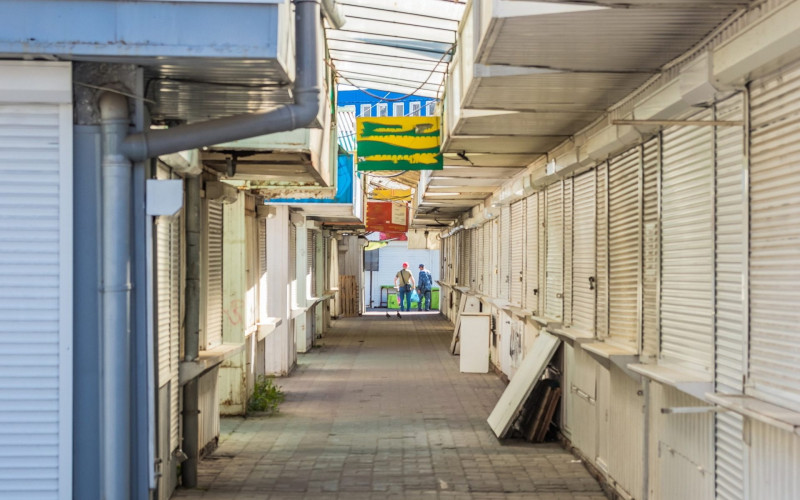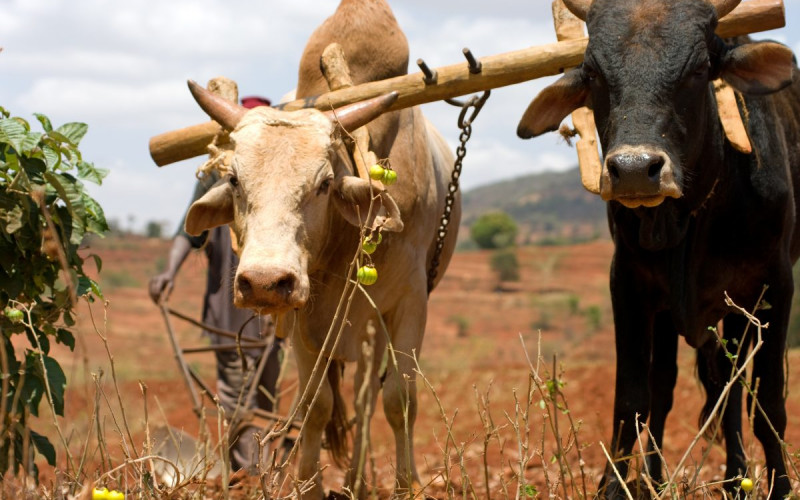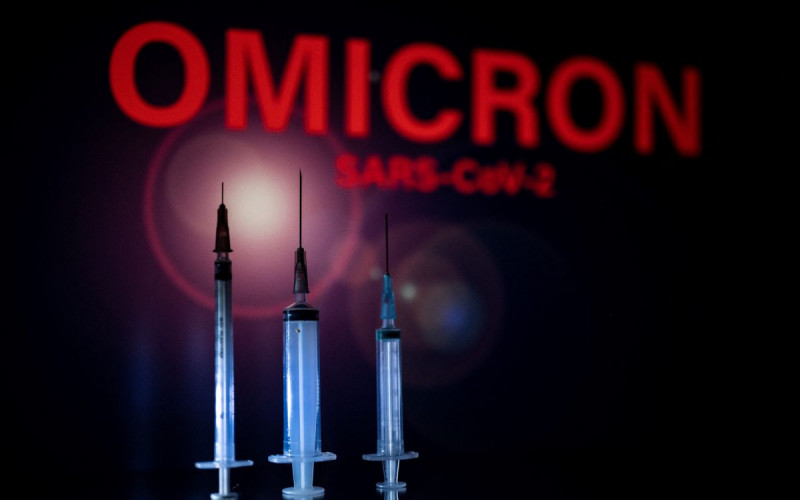Chitombo began meeting with other women, each stringing together small beads to make decorative pins and elaborate carrying cases for mobile phones.
‘I would sit with the other ladies and we talked about our experiences,’ said the 29-year-old Chitombo. ‘The other women talk openly about their status. They have the self-confidence to share their experiences.’
To make each pin, Chitombo strings about 200 beads to form a pattern of a red AIDS ribbon. Many include rows of light blue, white and black – representing the Botswana flag. The pins are sold both locally and internationally for about $2.25. By making 10 pins a day, seven days a week, Chitombo can earn a weekly income of about $110.
‘The money helped me buy the baby’s clothing, and it helped me put food on the table for the other two kids that I have,’ she said.
In addition to providing much-needed income to participants, Thari ya Basadi also aims to dispel widespread shame about the virus. To do this, each of the women sells her own products along with cards that include their photograph and personal story.
‘The mission is to break down stigma, so that the buyer can look at the photograph and then look at the seller and say, “Oh, this is you who made this pin”,’ said Michelle Schaan, founder and director of Health Promotion International, the non-governmental organisation that provides financial assistance to the group. ‘It opens doors to speak more freely about HIV.’
Today, Chitombo spends most of her time as an educator at the HIV/AIDS Control Centre, a private company that offers counselling and information on HIV/AIDS to businesses in Botswana.
‘I always tell people about Thari ya Basadi,’ said Chitombo. ‘I ask women if they want to have a day with us, and feel how it is to be in a group like that, where we give each other support.’
Thari ya Basadi can provide pins to conferences or businesses around the world (including special orders). For information call +267 3908180 or +267 72198036.)








